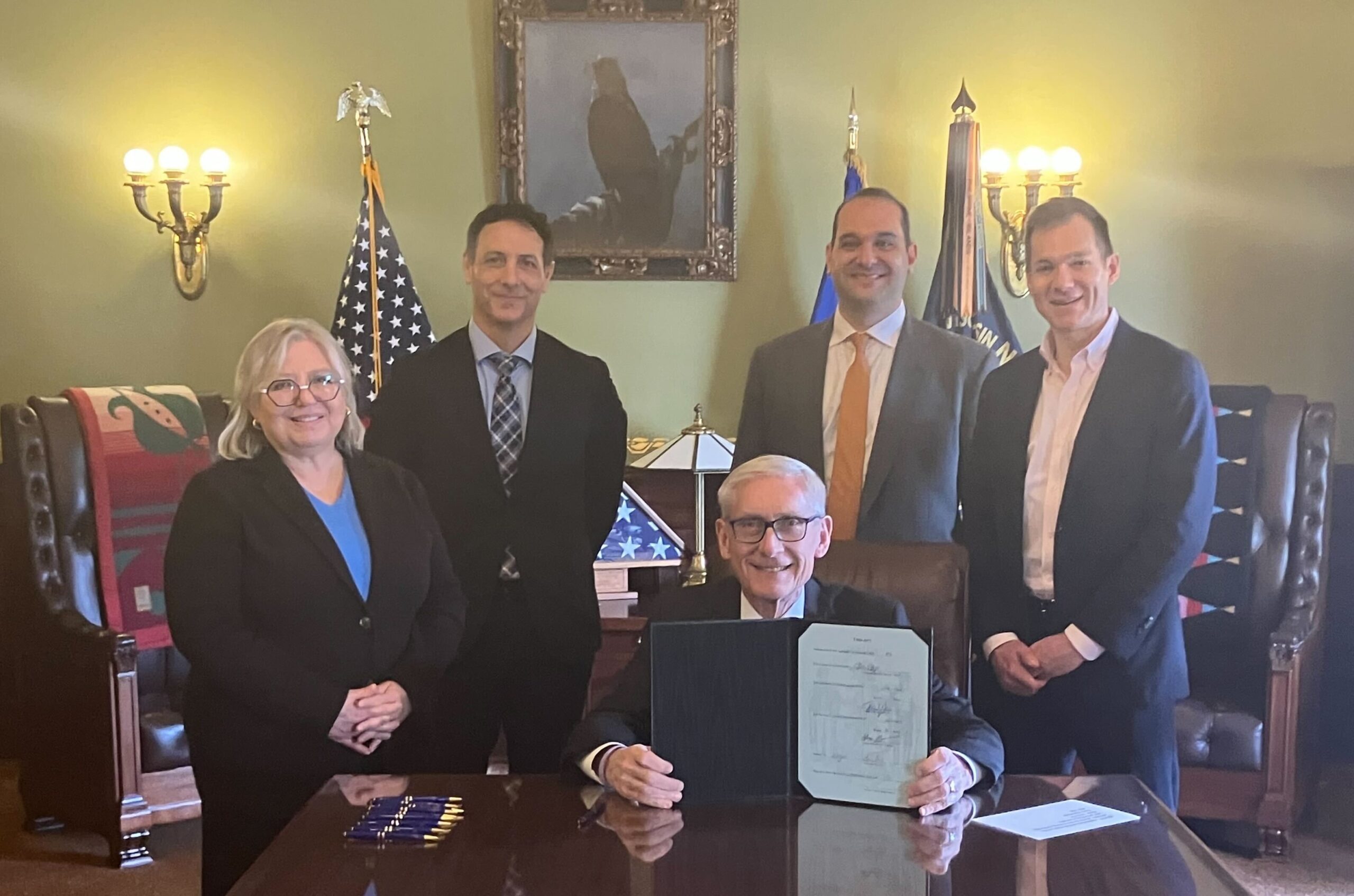Chinese regulators raided over 40 companies in China to investigate for illegal activities pertaining to the country's newly disseminated laws; investigators found property agents listing homes that owners had not agreed to sell and providing false information about properties; with a focus on real estate property investing, the investigators also found P2P lenders offering down payment loans after they were recently restricted by regulators. Source
In September, Comptroller of the Currency Thomas Curry discussed his proposal for fintech regulation which he said would likely include a fintech charter; on Friday, Thomas Curry is expected to announce his plans for the fintech charter; potential provisions to be included with the fintech charter announcement include receivership powers which would provide support from the government if capital funding fails. Source
Earned Wage Access has specific legislation in Nevada, Missouri and now Wisconsin after the governor signed a new law this week.
The "crypto crackdown" continues with the SEC's sights set on Coinbase. The company is holding firm.
This week, the Consultative Group to Assist the Poor (CGAP) proposes improvements to the loosely-regulated fintech sector in sub-Saharan Africa, particularly Kenya; CGAP is a global partnership of 34 leading organizations advancing financial inclusion; they note fintech companies may inappropriately publicize a borrower's personal information if they default on a loan, and others may sweep a user's social media data with minimal notice to the consumer; a key step, by law and proactive process, is to rigorously include all fintech platforms under existing laws for lenders in Kenya. Source
As scrutiny of Buy Now Pay Later increases, so too do satisfaction scores among customers using the short-term financing mechanism structured like an installment loan.
PeerIQ's weekly newsletter provides insight from a week in Washington, D.C. beginning with the SEC's Fintech Forum on Monday, November 14; Ram Ahluwalia participated as a panelist providing an industry perspective on the "Capital Formation" panel; newsletter also provides details on potential terms from the OCC in their fintech charter and highlights three bills affecting fintech; PeerIQ also discusses the effect of capital and liquidity rules on asset-backed securities from banks. Source
President Donald Trump has issued an executive order requiring the Treasury secretary and regulators to come up with a plan to overhaul Dodd-Frank and its over 400 regulations; the banking industry's tighter regulations have been a factor helping the success of marketplace lenders since the financial crisis and deregulation in the sector could create new challenges and increased competition for marketplace lenders; as the government begins to take deregulatory actions for traditional banks it also seems that marketplace lending has reached a phase likely to see increased regulations and involvement from regulators; these two forces along with other market factors could change the competitive landscape for the marketplace lending industry. Source
Banks have been given a deadline of early 2018 to comply with new regulations that will allow for open banking; many industry experts believe this deadline is too tight; to comply, banks would need to completely overhaul their current security infrastructure and banks are not known to rapidly change anything; the UK's big four - Lloyds Banking Group, HSBC, Barclays and Royal Bank of Scotland - control 77% of personal current accounts and 85% of business accounts; these new regulations will allow consumers to control access to their data and give them comparison tools to shop for the best mortgage, credit card or loan. Source
Parliament and the Council agreed to track crypto transfers continuously and block suspicious transactions in a provisional agreement.





